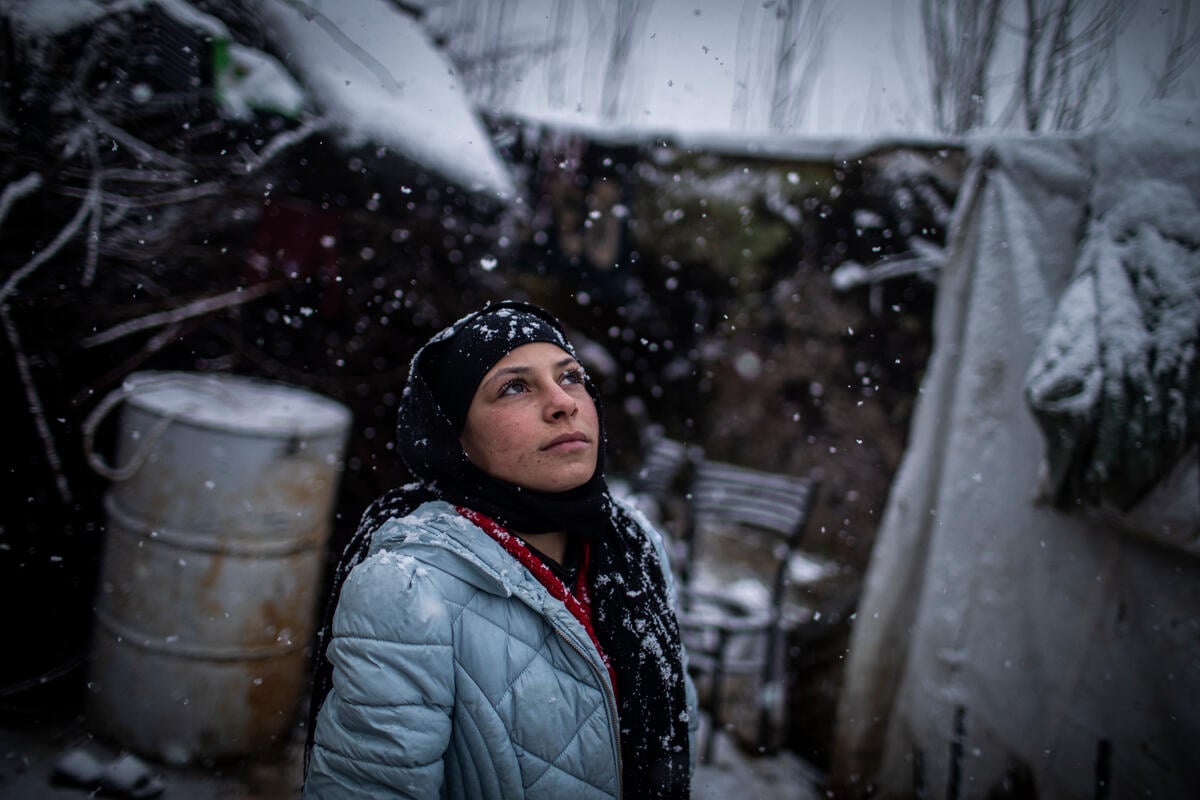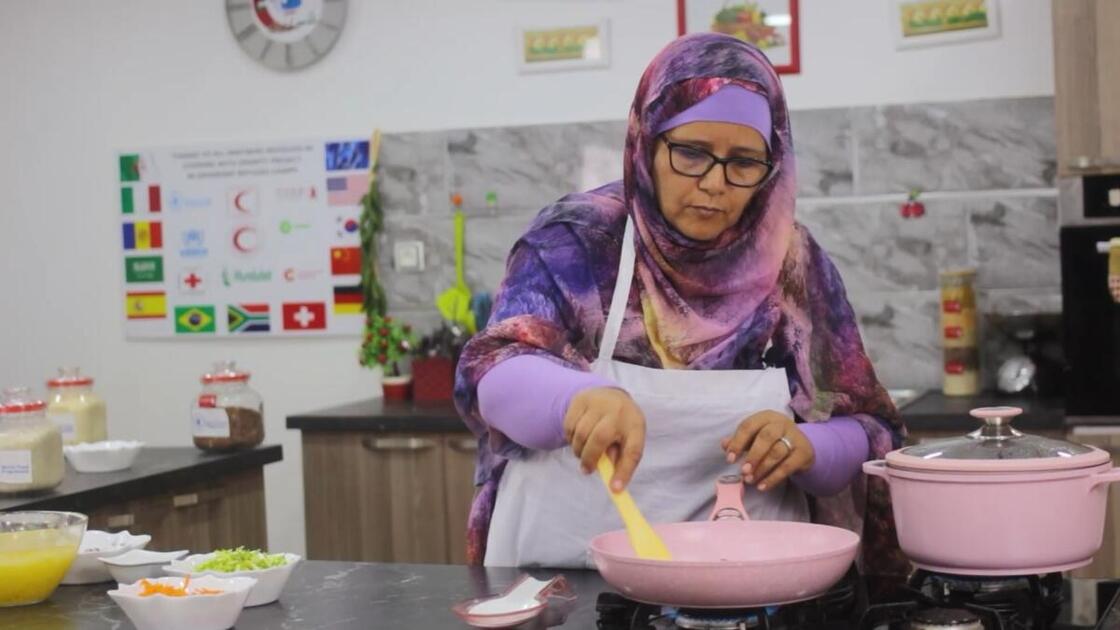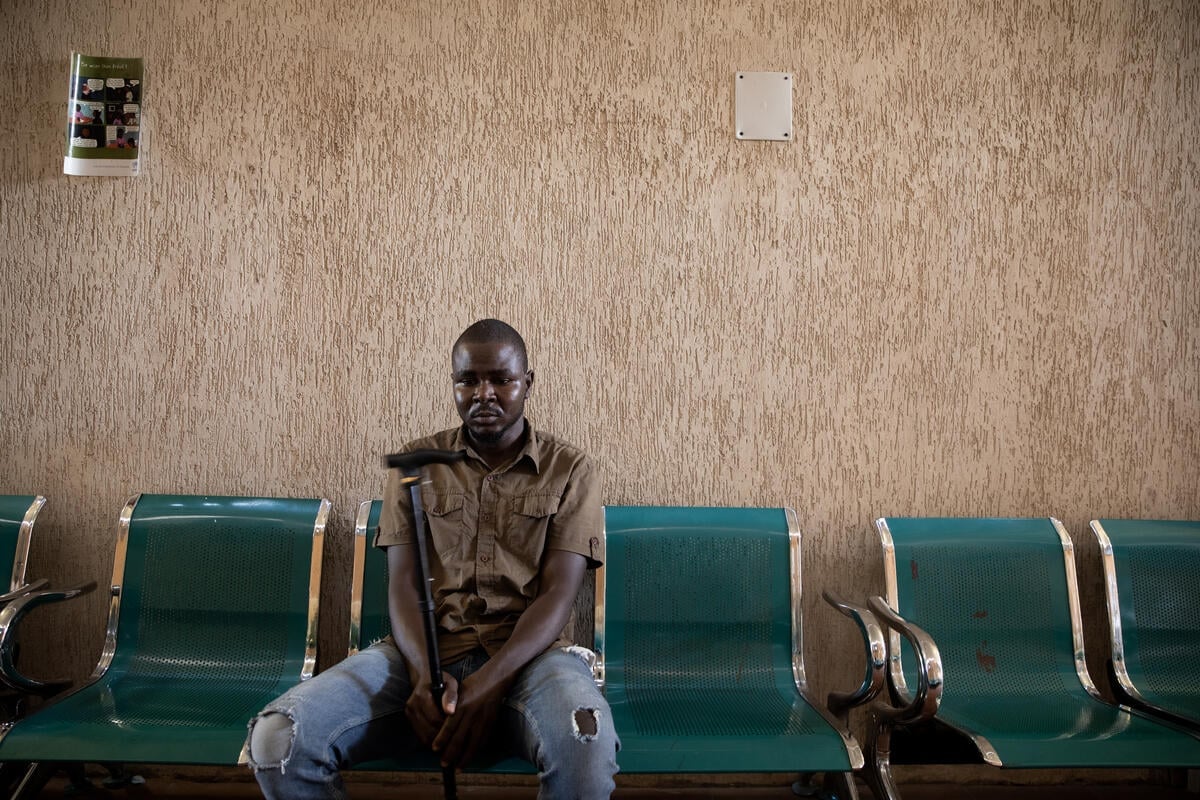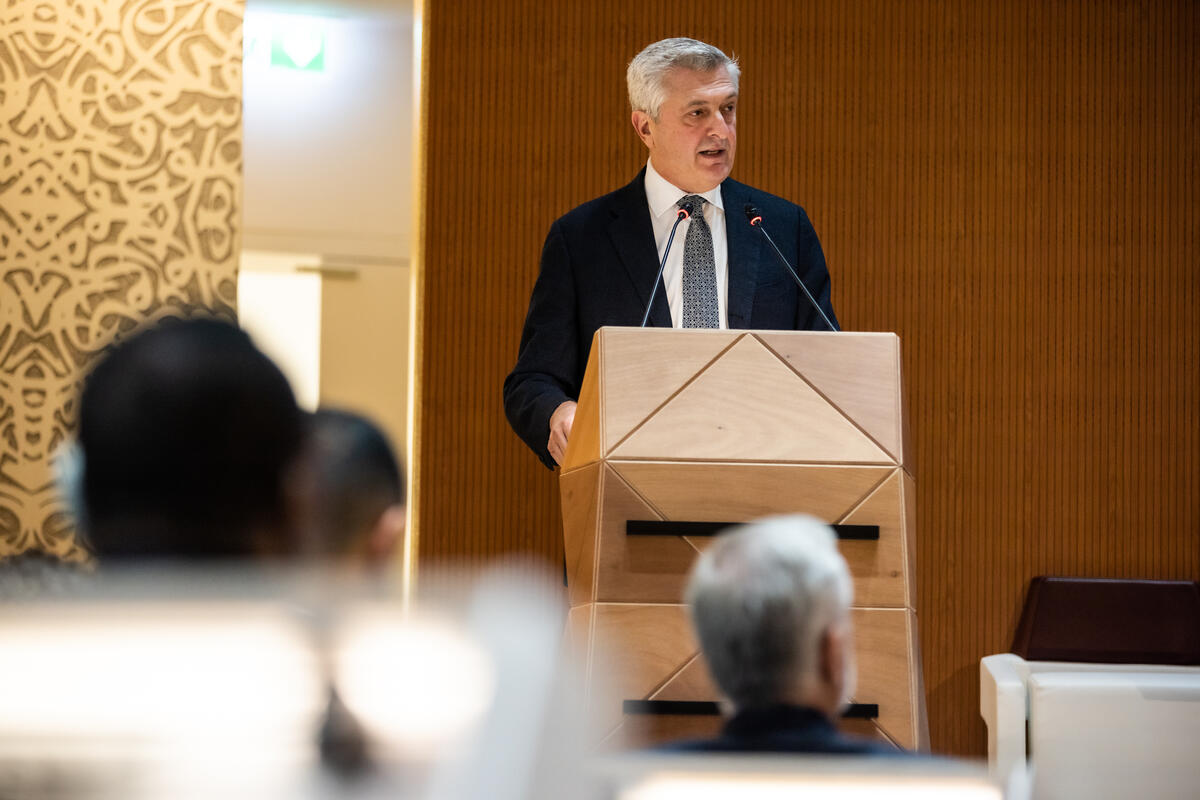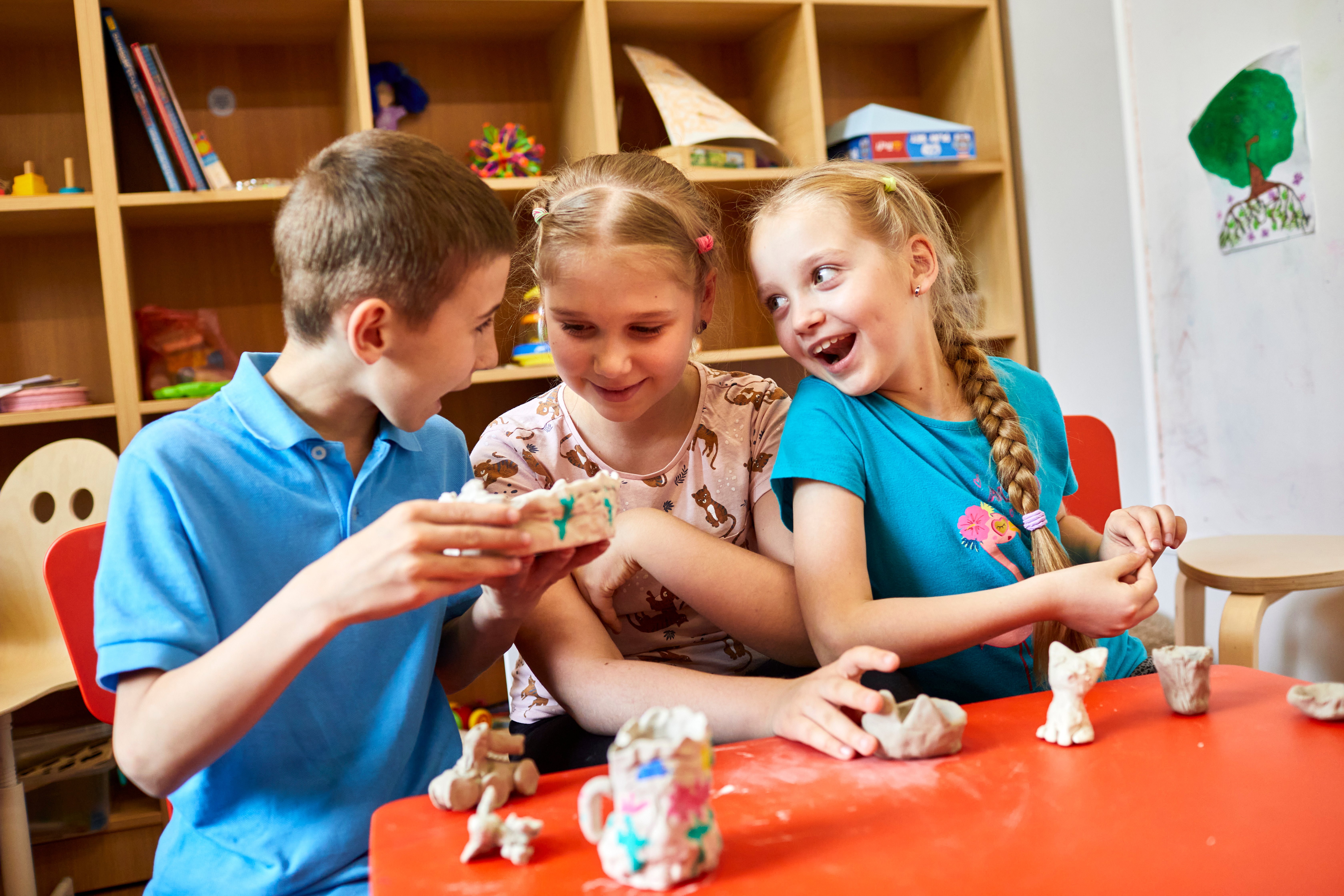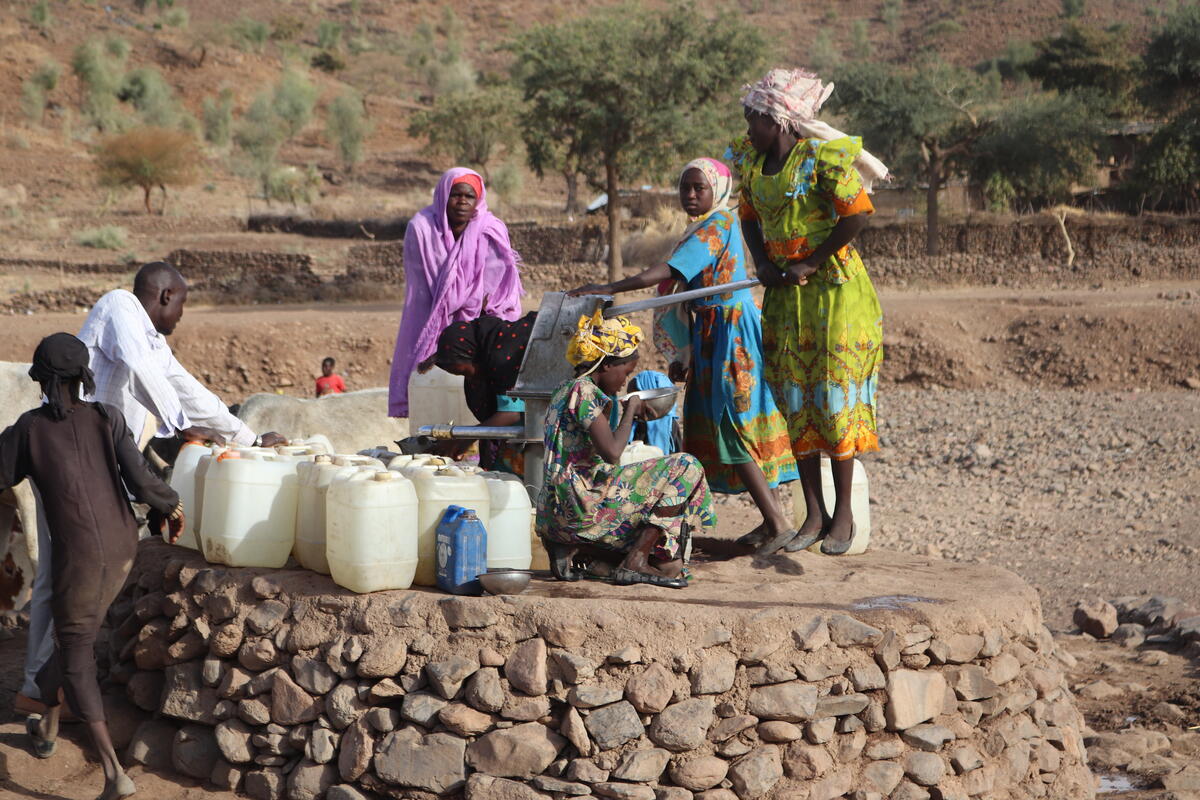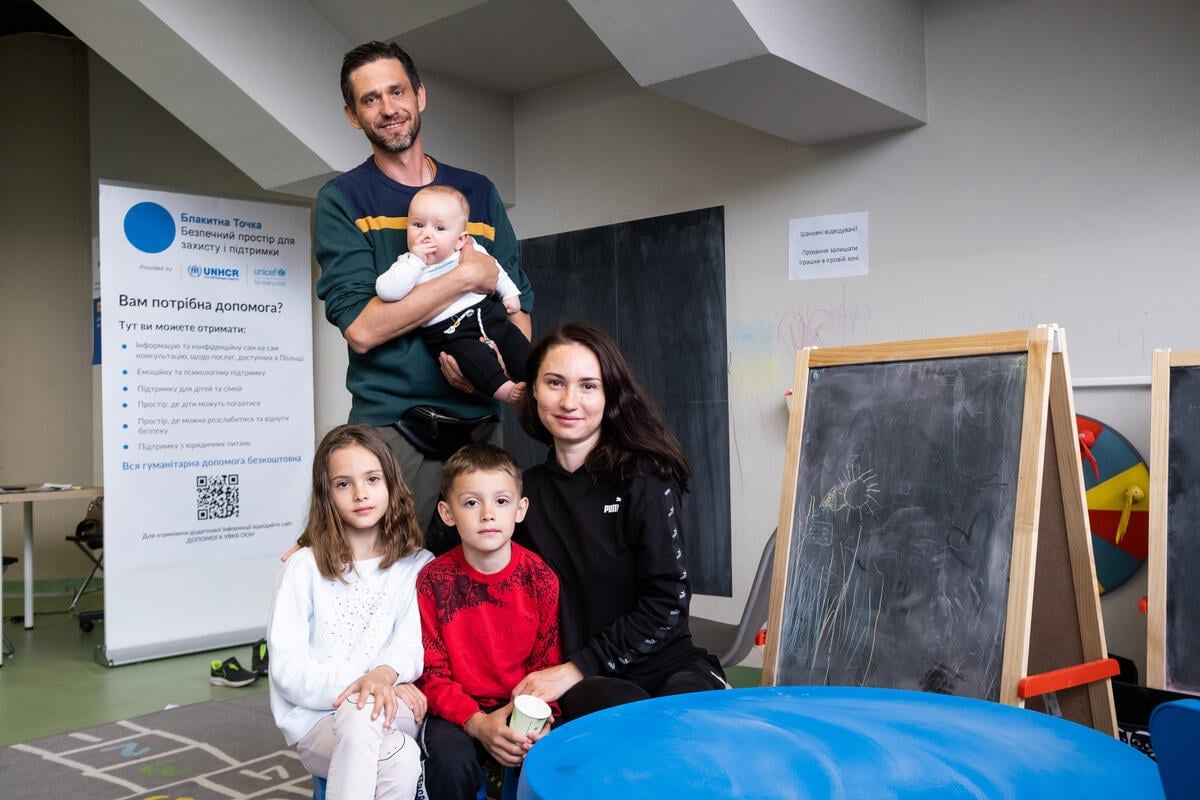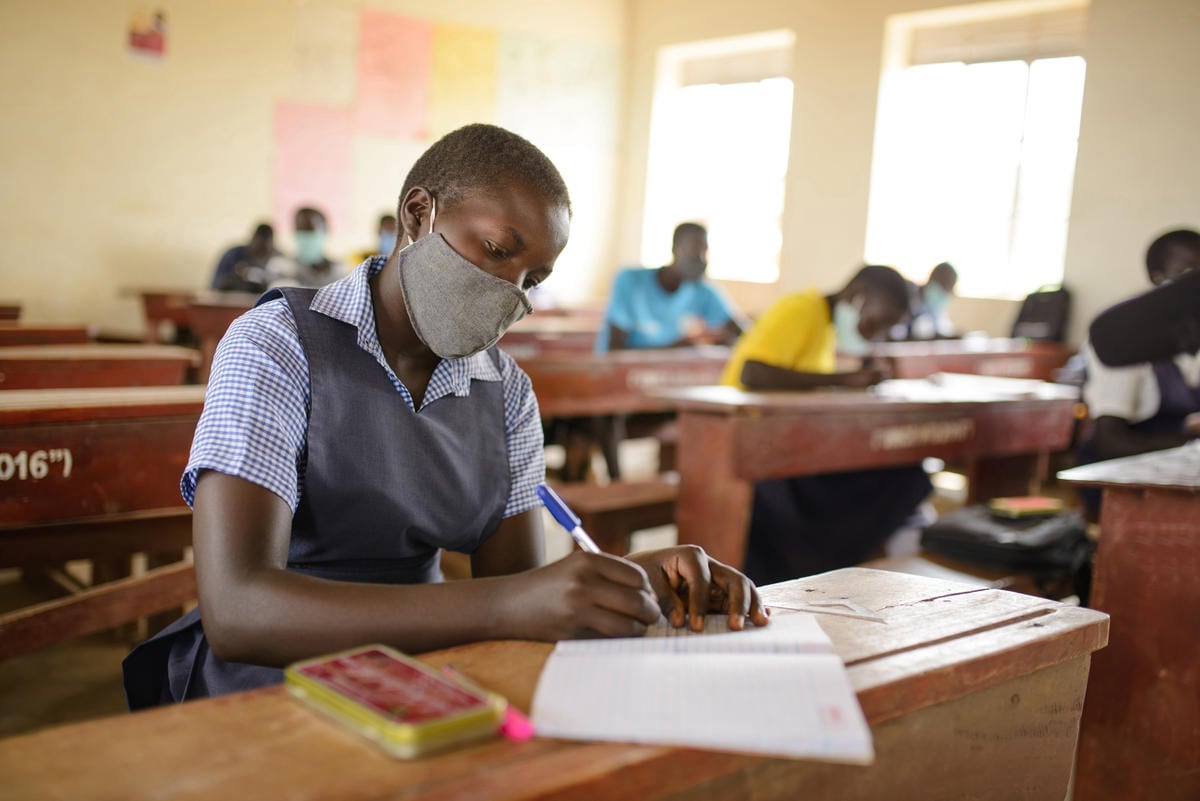Storytellers brighten lives of refugee children on coronavirus lockdown

Storytellers brighten lives of refugee children on coronavirus lockdown
Life in lockdown for COVID-19 is tough, but for Rosalina, an asylum-seeker from Venezuela, it is particularly hard. She and her three children – 8, 12 and 14 years old – share a single room at a reception centre in Madrid. She finds it difficult to keep them occupied and entertained.
“It is not easy to keep the children confined in a room, but they know this is to protect their health and that of others,” said Rosalina, 35.
Each evening, however, comes a gift that makes her life easier. She receives a WhatsApp message containing a story for the children.
Volunteers record themselves reading fairy tales and other stories and submit them to UNHCR, the UN Refugee Agency. After reviewing them, UNHCR forwards them on to workers at the reception centres, which temporarily house parents and children seeking asylum.
Since the project started in March, volunteers ranging from five to 87 years old have recorded more than 100 stories. Some have recorded and shared videos as well, demonstrating magic tricks, teaching origami, singing songs and performing as clowns.
The idea came from workers at the reception centre in Vallecas, on the outskirts of Madrid. They talked to UNHCR and it grew spontaneously as more and more people got involved and spread the word.
"These stories are like invisible friends for my children."
Rosalina is especially grateful for the initiative because the library and television rooms at the centre where she is staying, run by the ministry for inclusion migration and social welfare, are temporarily closed to ensure physical distancing during the crisis.
“The people who record these stories are like invisible friends for my children. We read a story every night and it helps them fall asleep,” she said.
Manuel, 22, reads stories as a volunteer for the project. He lives in Madrid and has studied business, though he mostly enjoys acting and theatre. When he found out about the project from a friend at the UN Refugee Agency, he wanted to contribute.
Sonia, 10, has also read stories, choosing favourites from her bookshelf and recording them with the help of her parents. She has also persuaded other relatives, school friends and neighbours to get involved.
"I do not know which ones they might like the best because I do not know these children, but I am happy to think that they are excited."

The stories are more than just entertainment. They are also helping refugee children to understand Spanish culture and learn the language. They also strengthen bonds of solidarity that may last for years.
"When this situation finishes, maybe one day we can meet them and thank them for the consideration they have had with us," said Rosalina.


